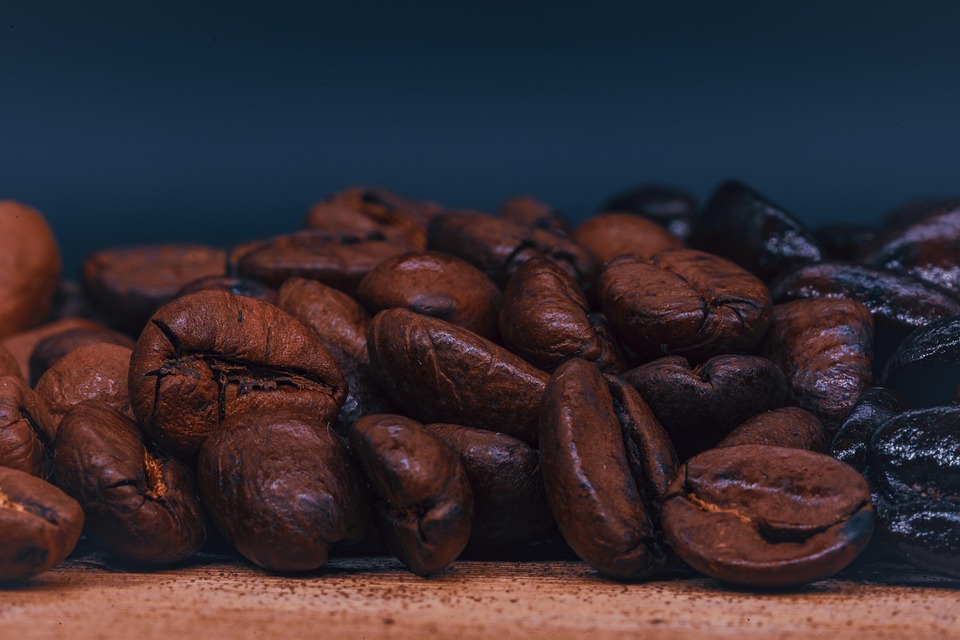Brazilian coffee is known for its rich flavors and aromas, and medium roast Brazilian coffee is a popular choice among coffee lovers. According to International Coffee Organization, Brazil is the world’s largest producer of coffee, accounting for 30-40% of the world’s total coffee production. The country’s climate and soil conditions make it an ideal place for coffee production, with most of the coffee being grown in the southeastern states of Minas Gerais, São Paulo, and Paraná.
Flavor Profile of Medium Roast Brazilian Coffee
Medium roast Brazilian coffee is known for its balanced flavor profile, with notes of nuts, chocolate, and a hint of fruit. The coffee has a medium body and a smooth, velvety texture, making it a great choice for those who prefer a balanced cup of coffee. According to Specialty Coffee Association, the flavor profile of medium roast Brazilian coffee is influenced by factors such as the coffee bean’s variety, processing method, and roast level.
Regional Variations of Brazilian Coffee
Brazilian coffee is grown in several regions, each with its own unique flavor profile. The southeastern states of Minas Gerais, São Paulo, and Paraná are the largest coffee-producing regions in Brazil, and each region has its own distinct flavor characteristics. According to Brazil Coffee Council, the flavor profile of Brazilian coffee can vary depending on factors such as altitude, soil type, and climate.
Coffee Farming in Brazil
Coffee farming in Brazil is a significant industry, with many small-scale farmers producing high-quality coffee. According to Food and Agriculture Organization, coffee farming in Brazil provides employment and income for thousands of people, and is an important part of the country’s rural economy. Brazilian coffee farmers use a variety of farming methods, including conventional and organic farming, to produce high-quality coffee.
Processing Methods of Brazilian Coffee
Brazilian coffee is processed using a variety of methods, including dry processing, wet processing, and semi-dry processing. According to United States Department of Agriculture, the processing method used can affect the flavor and quality of the coffee, with dry processing resulting in a fruitier and more full-bodied coffee, and wet processing resulting in a cleaner and more balanced coffee.
Roasting Methods of Brazilian Coffee
Brazilian coffee is roasted using a variety of methods, including light roasting, medium roasting, and dark roasting. According to Roasters Guild, the roast level can affect the flavor and aroma of the coffee, with lighter roasts resulting in a more acidic and fruity coffee, and darker roasts resulting in a more bitter and full-bodied coffee.
In conclusion, medium roast Brazilian coffee is a popular choice among coffee lovers due to its rich flavors and aromas. The flavor profile of medium roast Brazilian coffee is influenced by factors such as the coffee bean’s variety, processing method, and roast level. Brazilian coffee is grown in several regions, each with its own unique flavor profile, and is processed using a variety of methods. According to National Coffee Association, Brazilian coffee is a significant part of the global coffee industry, and its rich flavors and aromas make it a great choice for those who prefer a balanced cup of coffee.
Frequently Asked Questions
Here are some frequently asked questions about medium roast Brazilian coffee:
- What is the flavor profile of medium roast Brazilian coffee?
Coffee Confidential states that medium roast Brazilian coffee has a balanced flavor profile with notes of nuts, chocolate, and a hint of fruit. - Where is Brazilian coffee grown?
Brazil Government states that Brazilian coffee is grown in the southeastern states of Minas Gerais, São Paulo, and Paraná. - What is the difference between dry processing and wet processing?
Coffee Review states that dry processing results in a fruitier and more full-bodied coffee, while wet processing results in a cleaner and more balanced coffee. - What is the roast level of medium roast Brazilian coffee?
Roast Magazine states that medium roast Brazilian coffee is roasted to an internal temperature of 420-440°F (220-227°C).





